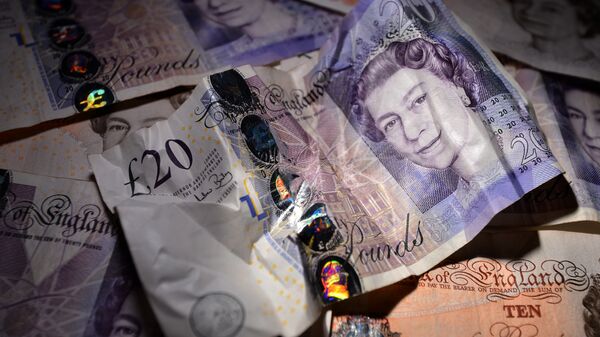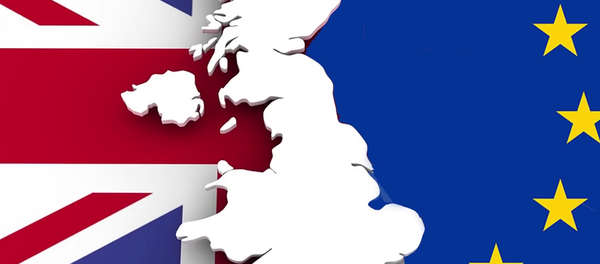Kristian Rouz — British consumption, driving over 70 percent of the GDP expansion, demonstrated a surprising resilience post-Brexit, with the expansion in retail sales having posted a staggering advance in July, immediately after the shocking vote, but before any accommodative measures followed. Whilst high-street retail alone drive roughly 20 percent of the UK's GDP, the post-referendum outlook on the economy hardly looks as murky as it used to.
Retail sales unexpectedly advanced 1.4 percent in July, posting the best monthly result since 2002, with clothing, food and barbecue supplies topping the list of items sold. This is an evidence of the real economy maintaining its pace regardless of the uncertainty that Brexit has triggered in financial markets and international trade.
"This positive surprise is encouraging for growth, but with consumer confidence having plunged in the wake of Brexit and business surveys suggesting growing caution, we doubt that it is sustainable," James Knightley of the London branch of ING Group said. "Inflation is starting to rise and will continue to do so due to the steep fall in sterling, meaning that real household income growth will weaken. This is likely to limit retail sales growth in coming quarters."
The pickup in inflation, nonetheless, in another evidence of economic growth gaining momentum. In July, UK inflation accelerated to its 20-month highest at 0.6 percent compared to 0.5 percent the previous month and negative readings last autumn. Whilst the prices index remains subdued, below a 2-3 percent benchmark, its impact to disposable incomes is negligible. Yet, the BoE is currently watching inflation as key indicator of broader growth.
"Consumers are affected by changes in interest rates and employment levels," Simon Wolfson, CEO with Next Plc, one of the UK's top retailers, said. "Until Brexit impacts those realities, I don't think we will see any impact on demand."
Recently, the UK's job market was reported to have solidified to its healthiest since the early 1970s with unemployment below 5 percent, and labor participation rate above 70 percent. Interest rates are lower now, providing a boost to lending and consumption. Subsequently, Brexit is not affecting the UK's economy immediately, except sending shockwaves of panic across its most volatile sectors.
Pessimists, however, are citing better weather conditions as main factor behind the expansion in sales. However, sunshine hardly makes up for empty pockets.
Sales of jewelry and watches gained 16.6 percent in July, the greatest advance in two years, whilst several chains, including Tesco and John Lewis said their business was not in any way affected by Brexit. On their part, the British Retail Consortium confirmed an increase in consumer spending in shops in July.
Meanwhile, the UK was entering the post-Brexit reality amid the ongoing price war between largest chains, which had contributed to the persistently feeble inflation. Now that price index is gaining momentum, the price war still continues. In August, Morrison Supermarkets Plc announced yet another round of lowered prices, discounting an average of 18 percent on more than 1,000 items in a struggle for their share of the market.
Subsequently, the overwhelmingly shambolic dynamics in the post-Brexit economy of the UK are seemingly suggesting there is a future in England's dreaming after all.





